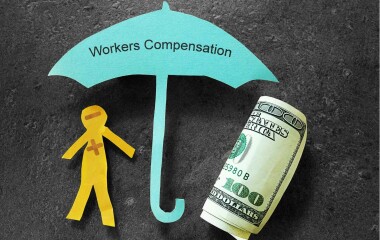"Termination by Mutual Agreement"
In our practice, we often encounter situations where employees inform us of the termination of their employment relationship with their employer, where the employer gives them a "termination by mutual agreement." What does termination by mutual agreement mean according to the law, and what should you be cautious about? You can find out in this post dedicated to employee rights upon termination.
What is Termination of Employment?
An employment contract can be terminated by either the employer or the employee through a notice of termination, as stipulated by law. An employee has the right to terminate the employment contract without providing any reason. In contrast, an employer can only terminate the employee’s contract in situations specifically defined by law. For an employer to issue a notice of termination to an employee, the employer must have a legally valid reason, and this reason must be clearly specified. For the employer, terminating an employee's contract is a rather complex process that involves obligations, such as paying severance.
What is an Agreement to Terminate the Employment Relationship?
An agreement to terminate the employment relationship is a voluntary and bilateral method of ending the employment contract according to the law. It is a contract in which both the employer and the employee agree on the conditions and the date of the termination of their employment relationship. Unlike a notice of termination, both parties must consent, and there does not need to be any of the legally defined reasons on the employer’s side.
What is "Termination by Mutual Agreement"?
"Termination by mutual agreement" does not exist under the law. Legally, "termination by mutual agreement" should be classified as an agreement to terminate the employment relationship. Depending on the circumstances, it may also be viewed as an invalid method of terminating the employment relationship. This means that, as an employee, you could lose the advantages resulting from your legal position against the employer (e.g., the right to challenge an invalid notice of termination, the right to severance, etc.).
Termination by mutual agreement is a method by which the employer and the employee agree to terminate the employment relationship. It is a mutual agreement based on the consent of both parties, meaning both sides agree that the employment relationship will end, and they can set the conditions for this termination.
Did You Know What "Termination by Mutual Agreement" Means?
"Termination by mutual agreement" is a legally misunderstood concept that has no foundation in existing labor law regulations. It is a conceptual construct more closely related to the termination of the employment contract through an agreement.
Follow us also on social media such as Instagram, Facebook, LinkedIn, where we share advice, useful information, and updates from the world of labor law in a simple and understandable way. And feel free to contact us anytime.





